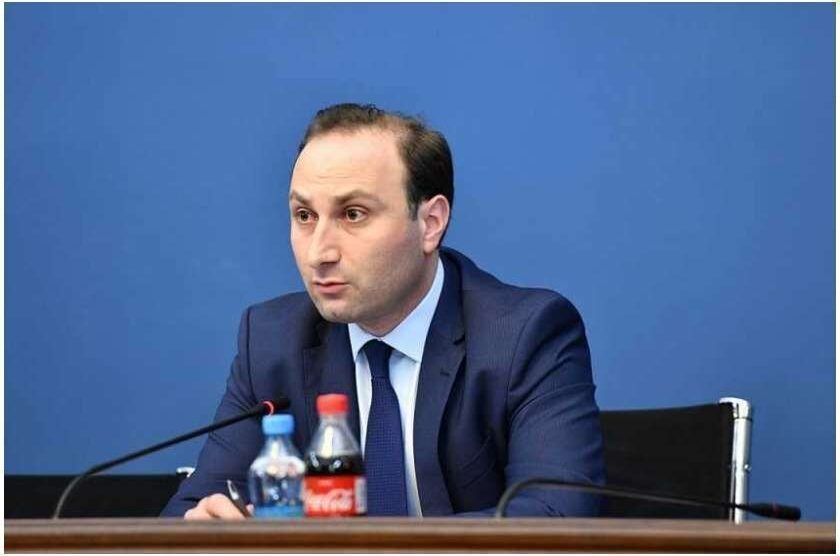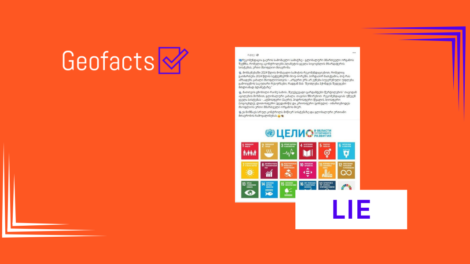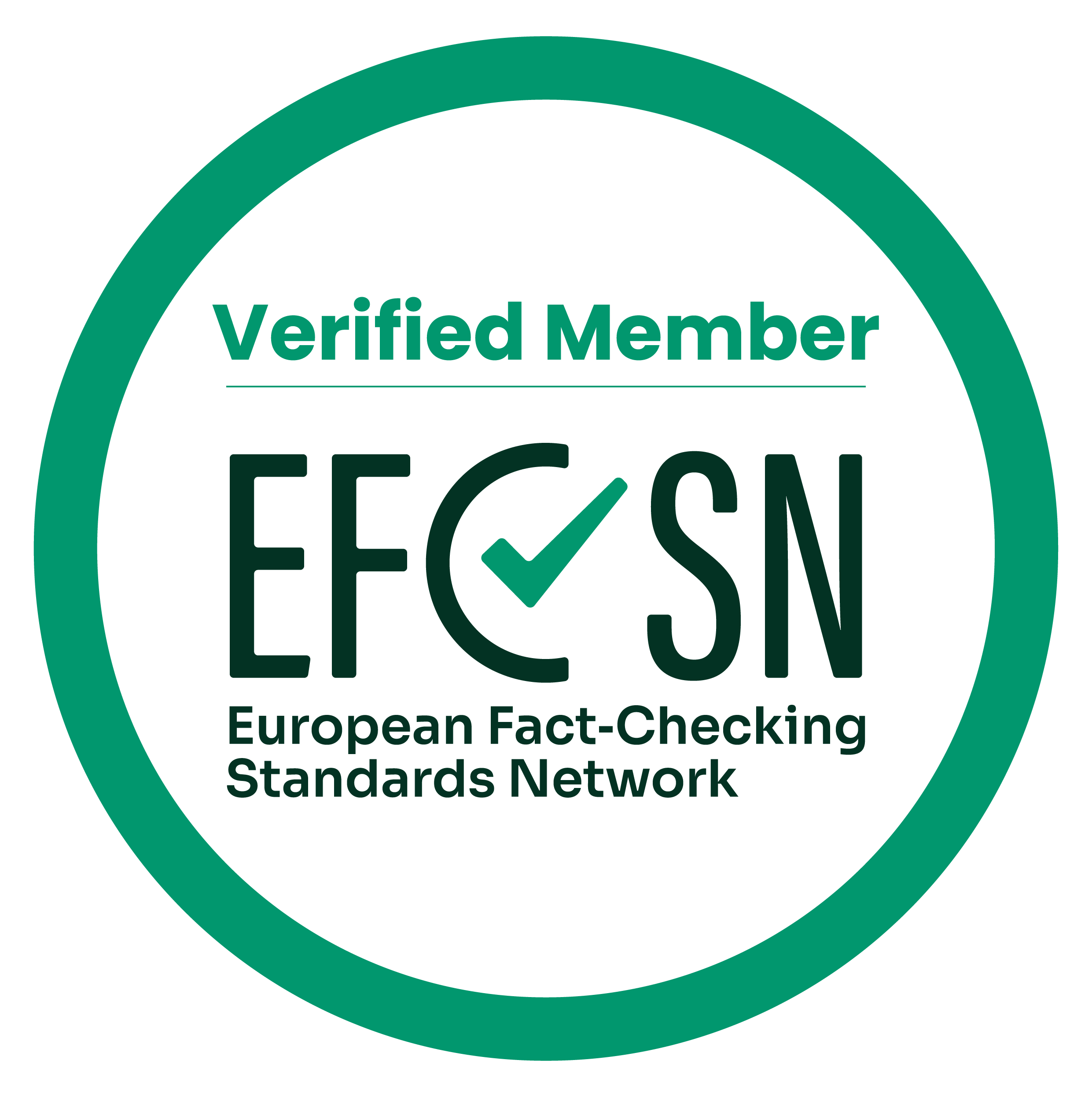Anri Okhanashvili: “The Court of Justice of the European Union has proven that transparency is a legitimate objective.”
Verdict: GeoFacts concludes that Anri Okhanashvili’s statement is FALSE.
Analysis
The Georgian Parliament was discussing the draft Law on Transparency of Foreign Influence during its second hearing at the plenary session on 30 April 2024. When addressing the opposition MPs’ questions regarding the legitimacy of transparency as an objective, Anri Okhanashvili stated: “The ECG (referring to the Court of Justice of the European Union) has proven that transparency is a legitimate objective in the case of Hungary, claiming that transparency is a legitimate objective necessary for any change. Therefore, when you cite the case of Hungary in the Court of Justice of the European Union, keep in mind that the Court underlined the Paragraphs 78-79 that transparency can be considered a legitimate objective. Hence, our objective is to ensure transparency and thus, transparency will ensure the protection of sovereignty.”
GeoFacts assessed Anri Okhanashvili’s statement.
Anri Okhanashvili cites the judgment of the Court of Justice of the European Union to argue that transparency is a legitimate objective in this statement. The Court of Justice of the European Union claims that transparency of financial support granted to natural or legal persons, including the obligations of declaration and publication, may be considered to be an overriding reason in the public interest in the light of the principles of openness and transparency. Furthermore, this objective will help improve the level of information available to the citizens on that subject and will enable them to participate more closely in public debate. Certain organisations have a significant influence on public life and public debate. Thus, transparency of financial support granted to such organisations may also constitute an overriding reason in the public interest.[1]
Despite the aforementioned statements, the Court provided a more thorough analysis of this case. In particular, the Court explains in Paragraphs following 78 and 79, those that Okhanashvili cited, why the legitimacy of transparency as an objective is not relevant regarding this specific law.
The Court states that whilst ensuring transparency of financial support is a legitimate objective, it still cannot justify adoption of this law as it indiscriminately assumes that all civil society organisations receiving, from any Member State other than Hungary or any third country, financial aid of an amount reaching the thresholds provided for by that law, may jeopardise the political and economic interests of the country.
Anri Okhanashvili worded the aforementioned statement in a way that suggests transparency can be considered a key objective as if the Court of Justice of the European Union also supports this view. In reality, transparency should be aimed at mitigating the current threats and should not label all foreign financial support as threats without evidence, rather than being considered an inherent objective, according to the Court of Justice of the European Union.
The Hungarian Law on Transparency aimed to impose declaration, publication obligations and sanctions on any organisation whose financial support received from a third country exceeded a specified threshold. Furthermore, Hungary justified the objective of increasing the financial transparency of organisations by claiming that financial support from other countries was aimed against the interests of Hungary. However, the law neither disclosed the justification for such obligations, or explained why they had to be applied to all organisations, except those that actually influence public life and discussion. Additionally, the law did not specify a process for officially proving promotion of foreign interests.
Considering all of the specifications above, the Court ruled that whilst the objective to improve the transparency of processes that promote foreign interests is legitimate, it still does not justify adoption of this specific Law on Transparency in Hungary as all civil society organisations receiving financial aid from a third country of an amount reaching the threshold provided by the law does not jeopardise the political and economic interests of the country and the ability of legal institutions to operate free from interference. Consequently, the objective of increasing the transparency of foreign financial support is not capable of justifying the Transparency Law in the present case in regard to the content and the purpose of the provisions of the law.[2]
Considering the aforementioned information, GeoFacts concludes that Anri Okhanashvili’s statement is FALSE.
[1] https://curia.europa.eu/juris/document/document.jsf;jsessionid=58232053DFFD7487E4EC01BAA31A27CE?text=&docid=227569&pageIndex=0&doclang=en&mode=lst&dir=&occ=first&part=1&cid=1699790&fbclid=IwZXh0bgNhZW0CMTAAAR1y5TUwLkSXYlUqMk1vZhcwAcRVvXvS8Nu65AolNNuhP4QGeooKduT6__k_aem_AebjbjD55jqUkJlDIcmyW1KfH24cMoxYezUoBGGSbCu_l2D1VUjmcizEto5JVVXc0S-Xtj0VrlXzZr2D1qFkegJQ – Paragraphs 78-79.
[2] Paragraphs 81-87.








